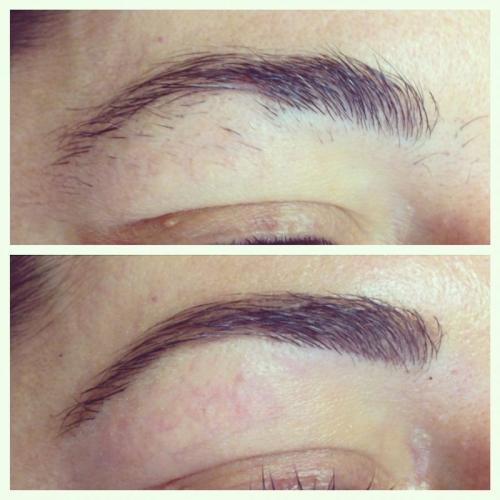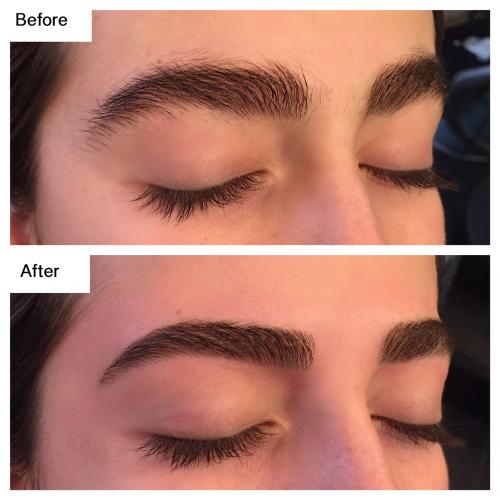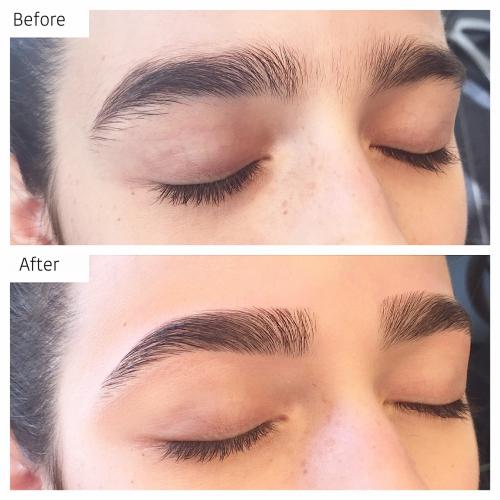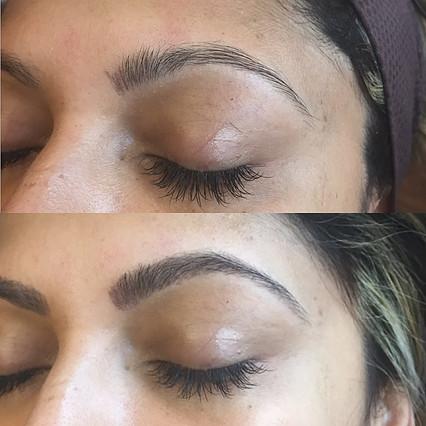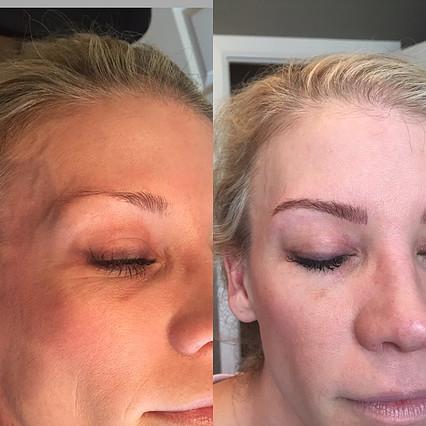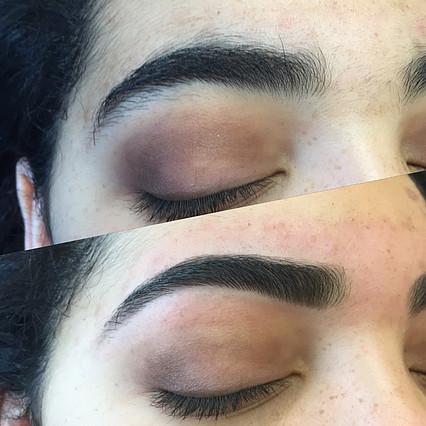To Buy Celexa Online Visit Our Pharmacy ↓

Common Symptoms Experienced during Celexa Withdrawal
Withdrawal from Celexa can produce a mix of physical and psychological symptoms. Physically, many might experience dizziness, headaches, and flu-like symptoms. This is comparable to the "hangover" effect some feel after taking strong medications. Psychologically, mood swings, irritability, and "happy pill" cravings are common, as the brain adjusts to the absence of the drug. Imagining the myriad array of symptoms can be akin to attending a "Pharm Party" in one's body, where various withdrawal symptoms trade places in different intensities.
| Symptom Category | Common Symptoms |
|---|---|
| Physical | Dizziness, headaches, flu-like symptoms |
| Psychological | Mood swings, irritability, cravings |
Recognizing Severe Vs. Mild Withdrawal Symptoms

When undergoing Celexa withdrawal, it's vital to distinguish between severe and mild symptoms. Mild symptoms might include occasional dizziness, intermittent headaches, or a bit of nausea—similar to a brief "hangover." These can often be managed with over-the-counter (OTC) remedies. On the other hand, severe symptoms, such as persistent brain zaps, chronic insomnia, intense mood swings, or extreme agitation, may require immediate attention. These are not just a "walk of shame" but significant red flags signaling your need for professional help. Monitoring these distinctions helps determine whether to manage the withdrawal process at home or seek urgent medical guidance—essentially, knowing when to move beyond simple OTC solutions to more comprehensive care.
Strategies to Gradually Reduce Celexa Dosage
When looking to taper off Celexa, a gradual reduction in dosage is key to minimizing withdrawal symptoms. Start by consulting with your white coat, who will tailor a personalized plan. Follow your sig carefully, as sudden changes can lead to stat withdrawal symptoms. Titration involves slowly decreasing the dosage over several weeks. For instance, reduce your dose by 10-20% every one to two weeks. This slow comp process helps your body adjust without the shock of a sudden stop. Count and pour your pills with precision to ensure consistency. Making these small adjustments can greatly enhance your comfort during the tapering process.
Natural Remedies to Alleviate Withdrawal Discomfort

Celexa withdrawal can be challenging, but incorporating natural remedies can ease the transition. Herbal supplements like St. John's Wort and valerian root have been traditionally used to stabilize mood and reduce anxiety, providing an alternative to happy pills. Additionally, omega-3 fatty acids, found abundantly in fish oil, can support brain health and help alleviate withdrawal symptoms. For those who prefer a more tangible form, an elixir combining these natural ingredients might be particularly beneficial.
Another effective strategy involves mindfulness techniques and stress-reduction practices. Yoga and meditation have been shown to positively impact mental well-being, aiding individuals in managing withdrawal-related discomfort. Incorporating aromatherapy with essential oils such as lavender or chamomile can also offer a calming effect, complementing other interventions. Together, these practices constitute a holistic approach.
Adequate hydration and a well-balanced diet are paramount during the withdrawal phase. Fresh fruits, vegetables, and lean proteins not only nourish the body but also help maintain energy levels. Avoiding caffeine and sugary foods can prevent mood swings and jitteriness, common during this period. By integrating these naturally supportive habits, individuals can make the journey through Celexa withdrawal smoother and more manageable.
Importance of Professional Guidance during Withdrawal
Withdrawal from Celexa can be a challenging process, but professional guidance can make a significant difference. Healthcare professionals can provide a staged plan, often referred to as a tapering schedule, to gradually reduce the dosage of Celexa, minimizing withdrawal symptoms. This "Sig" process helps avoid severe symptoms that could lead to complications or relapse. Patients might need custom strategies tailored to their unique circumstances, potentially including "Comp - Compound medication" solutions to address specific withdrawal issues.
Navigating withdrawal independently can be risky, as patients might be tempted to self-medicate or partake in a "Pharm Party" in search of relief. Professional oversight ensures that any substitutions or adjustments to the original "Rx" are safely managed. Using a detailed "Med Rec" to monitor all medications currently taken, a healthcare provider can ensure no adverse interactions arise during the withdrawal phase.
Healthcare providers can also prescribe supportive therapies and recommend lifestyle modifications to ease the process. They guide the patient through the challenging times by providing constant supervision and timely interventions. Such vigilance is crucial in preventing any escalation of withdrawal symptoms, ensuring that the patient is not merely treated but fully supported in their journey to recovery.
| Symptom Severity | Mild Symptoms | Severe Symptoms | |-------------------|-------------------------------|-------------------------------| | Reported Frequency| Often experienced | Less frequently experienced | | Common Examples | Irritability, fatigue, headaches| Severe anxiety, suicidal thoughts, severe nausea | | Professional Action| May offer OTC advice | Immediate intervention needed |
Lifestyle Changes to Support Withdrawal and Recovery
Integrating lifestyle changes can significantly ease Celexa withdrawal. Incorporate regular physical activity, such as yoga or brisk walking, to boost endorphin levels and mitigate withdrawal symptoms. A balanced diet rich in omega-3 fatty acids and antioxidants also supports brain health during this period. Mindfulness practices like meditation or deep-breathing exercises can help manage stress and anxiety effectively. Surround yourself with a strong support network, whether through informal group sessions or professional counseling. Ensure you maintain a consistent sleep routine, using natural remedies like chamomile tea if necessary. These compounded strategies collectively create a stable environment to foster successful withdrawal and recovery.
Before & After
Testimonials
Read out what our customers say about our services.
Read Testimonials
Join Our VIP List
Great News!
Comming soon our new location in Fort Worth (Alliance area)
3529 Heritage Trace Parkway, Suite 163
Fort Worth, TX 76244
Sign up now to join our VIP list and receive coupons

